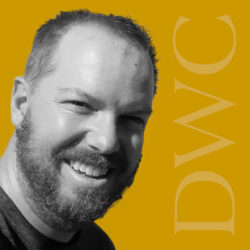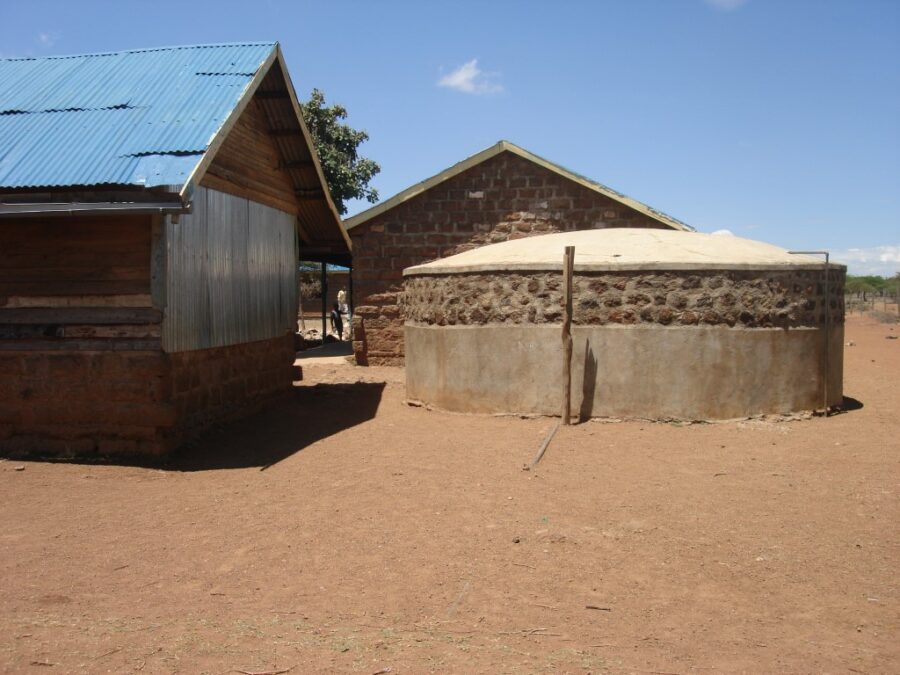
About the ProjectBringing Water to a School and a Community
This DWC project will enhance a school facility and create a positive learning environment essential for students. There is a focus on addressing water access through rainwater collection, planting gardens used to feed children who often only get one meal a day, repairing classroom walls, floors and roofs, adding blackboards, and assisting with lighting improvements.
Volunteers work alongside local tradesmen, parent volunteers and teachers doing manual labour. Moving materials and tools, digging, installing gutters, water tanks, pipes and fittings, mixing concrete by hand and using buckets and wheelbarrows to move sand, water and concrete are examples of the tasks the team assists with. It can involve some sweat, but everyone pulls together, inspired by the benefits the project will have for the community’s future.
What to ExpectA Typical Workday in Kenya
DWC’s Kenyan partner, ACCESS (Action Crew on Community Environment for Sustainable Services) Kenya, is a non-profit group based out of Naro Moru village at the base of Mount Kenya. This organization is focused on education and protecting the environment, as well as raising awareness of the problems that come with deforestation. ACCESS Kenya strives to safeguard water that is much needed for people and wildlife to survive. DWC volunteers will be immersed in the village culture, with many locals jumping to lend a helping hand.
In general, expect to work 6-8 hours per day. Volunteers usually wake up early, around 6:00 or 7:00 am for breakfast. After breakfast, the team is transported to the project site (usually by private bus) and the workday begins, usually somewhere between 8:00 and 9:00 AM. There will be lunch in the middle of the day, which is either provided by your workplace, host family, or purchased by you. Your workday will usually end around 4:00 pm.
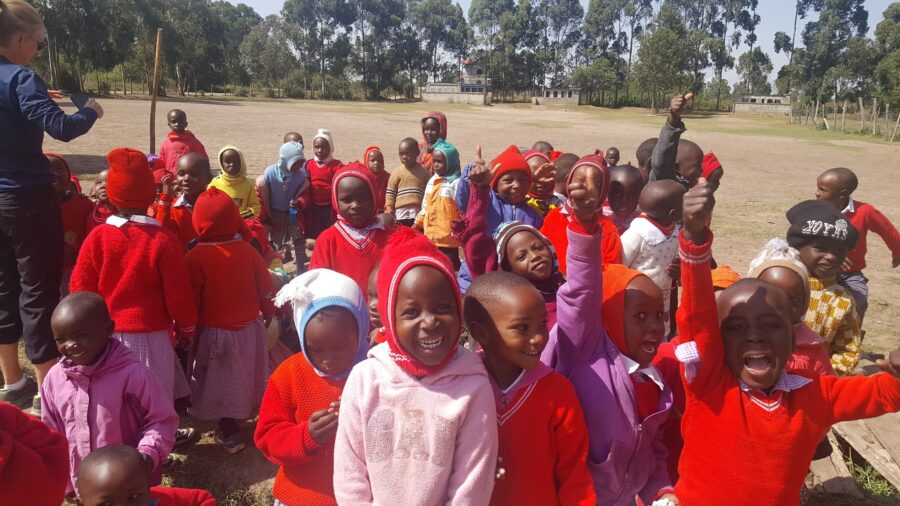
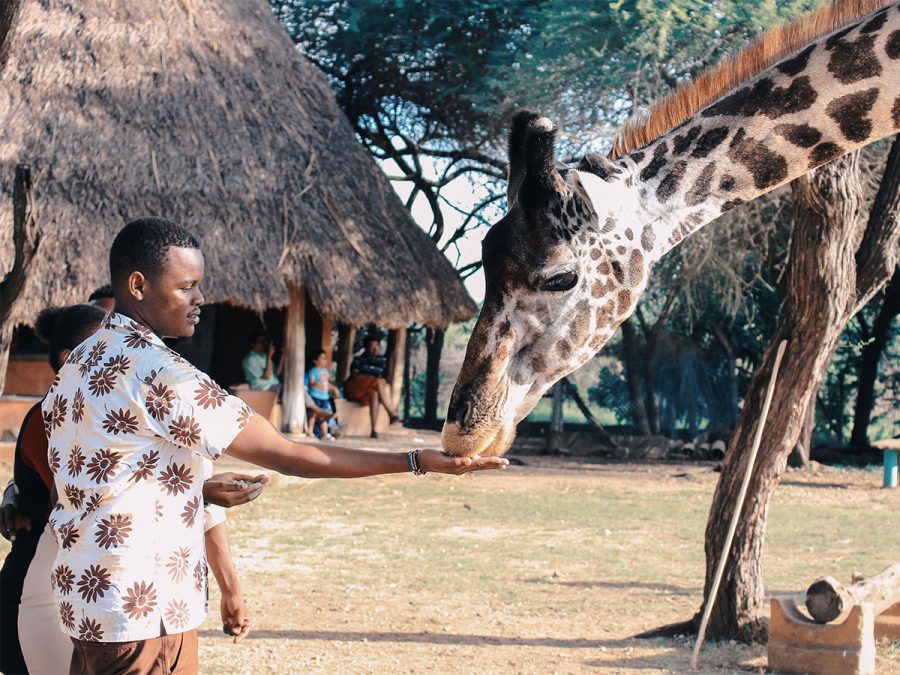
It's Not All WorkVisit the Maasai Mara National Reserve on a Safari
A small market town of roughly 3,000 people in central Kenya, Naro Moru survives mainly on tourism, with hikers headed to nearby Mount Kenya and wildlife lovers taking their cameras to the Solio Game Reserve, the Mau Mau cave and other natural sights. Naro Moru is also close to the Rift Valley, which is where Kenya’s wildlife really flourishes. It’s a stop well worth it on a weekend or an add-on trip after volunteering with ACCESS Kenya and DWC.
Climate wise, Kenya is close to the equator and has a pleasant, tropical climate with daytime temperatures averaging between 24°C and 29°C. Humidity is high and the rain is sometimes heavy on a daily basis, although it seldom lasts the whole day. Of course, it’s never easy to predict the weather but consider this a rough guide.
Trip Details
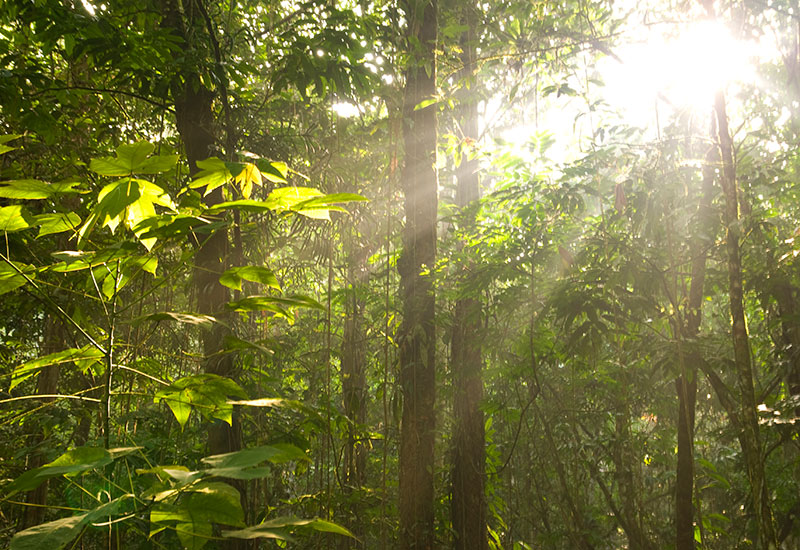
Travel Light Offset Your Carbon Footprint
Carbon offsets are used to compensate for the greenhouse gasses that we create through certain activities, such as flying. For every tonne of carbon released into the atmosphere, an ‘offset’ is a carefully designed project that absorbs or stores the equivalent CO2 emissions. You can choose to offset your own flight, your whole family’s, or do this as a gift for a friend.
Offset Your Carbon Footprint